OPS & TRAINING
HOW TO SURVIVE YOUR BMT FIELD CAMP
10 Jan 2020
You’ve come this far in your Basic Military Training (BMT) and your first field camp looms. Here’s a cheat sheet on roughing it out like a soldier.
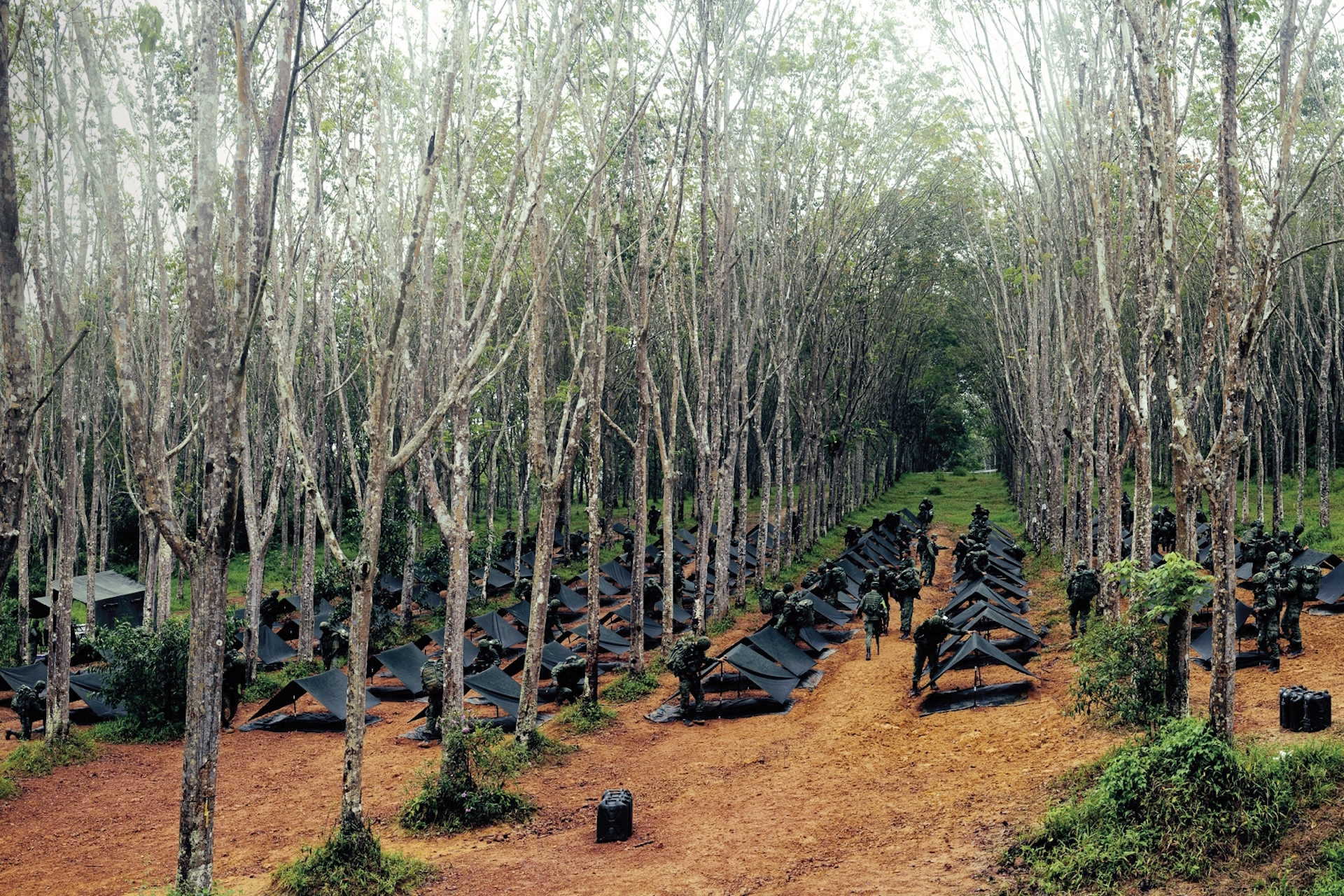
It's the night before your first field camp.
You're all packed and ready but there are a thousand things on your mind: how do I survive in the field, how will I eat and sleep, and, perhaps most importantly, how do I fight in this hostile environment?
Here are six vital tips for you to survive and thrive in your jungle home for the next five days:
1. Build a strong shelter
One of the first things you'll be asked to do is to build a basic shelter called a basha for you and your buddy. You'll likely be assigned a spot, so focus on ground prep - try to make the ground as flat as you can (by removing rocks and other things that might poke you) so that you and your buddy won't be sleeping on lumpy ground.
Once that's done, make sure that your basha is properly secured and all the cords are pulled taut. The last thing you want is your basha getting blown away or collapsing when you're mid-sleep.
2. Mind your weapon
Take care of your weapon and clean it often. Make sure you keep all its parts in plain sight when cleaning so that you don't lose anything. And when you're done, apply a light coat of oil to lubricate its internals and prevent rust.
Word of caution: keep your weapon close by at all times because your sergeants will attempt to "steal" it and that means extra duties. And unless you're going to shoot, always keep your finger off the trigger for safety.
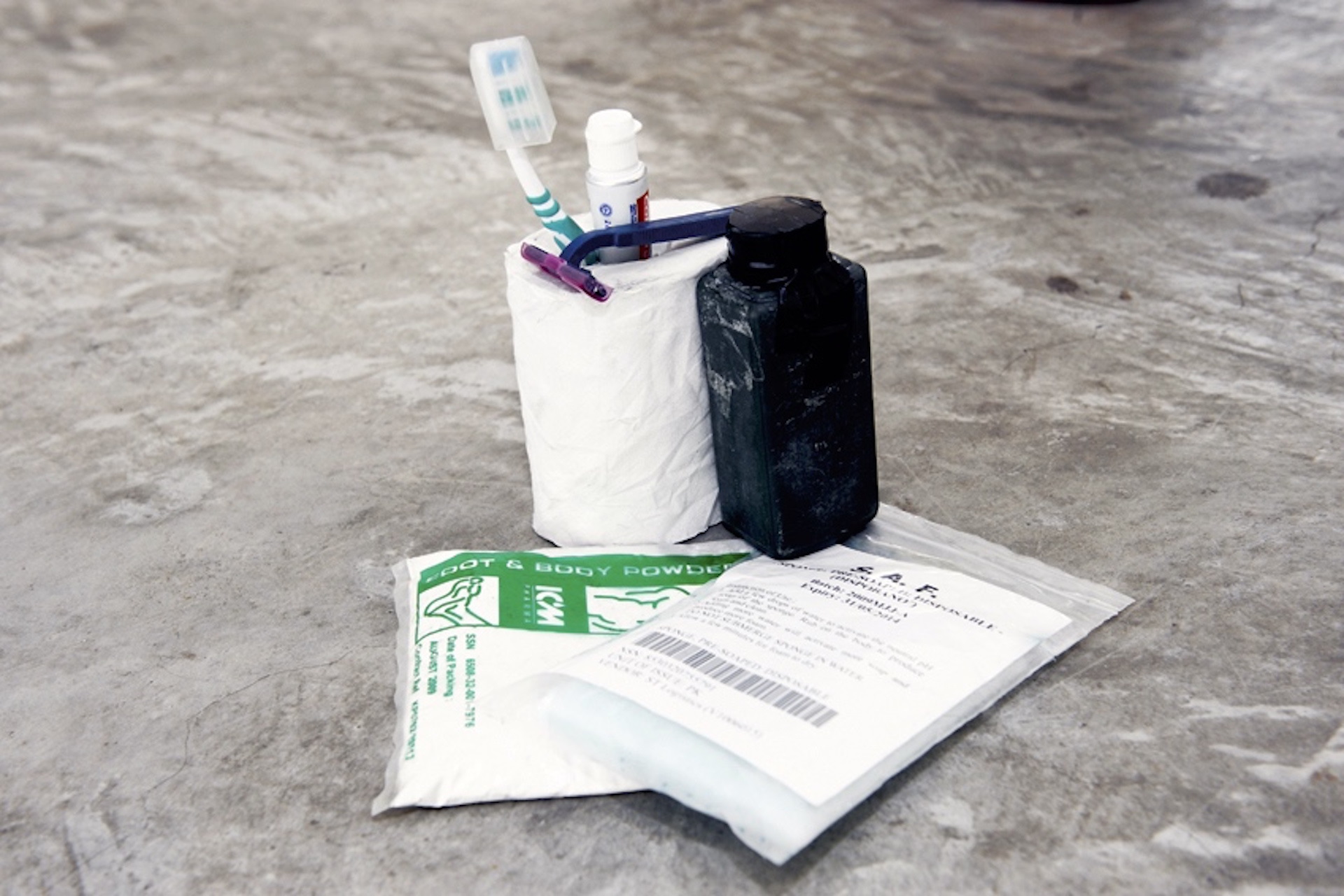
3. Maintain hygiene
Liberally cover your body with the anti-bacterial powder issued by the Singapore Armed Forces - this is the only shower you'll get out there. Don't be shy: get your buddy to help you if there are areas you can't reach.
Underwear and socks are some of the lightest items you can carry that will make a big difference to your hygiene. Not only are clammy underwear and socks uncomfortable, they might also give rise to nasty rashes.
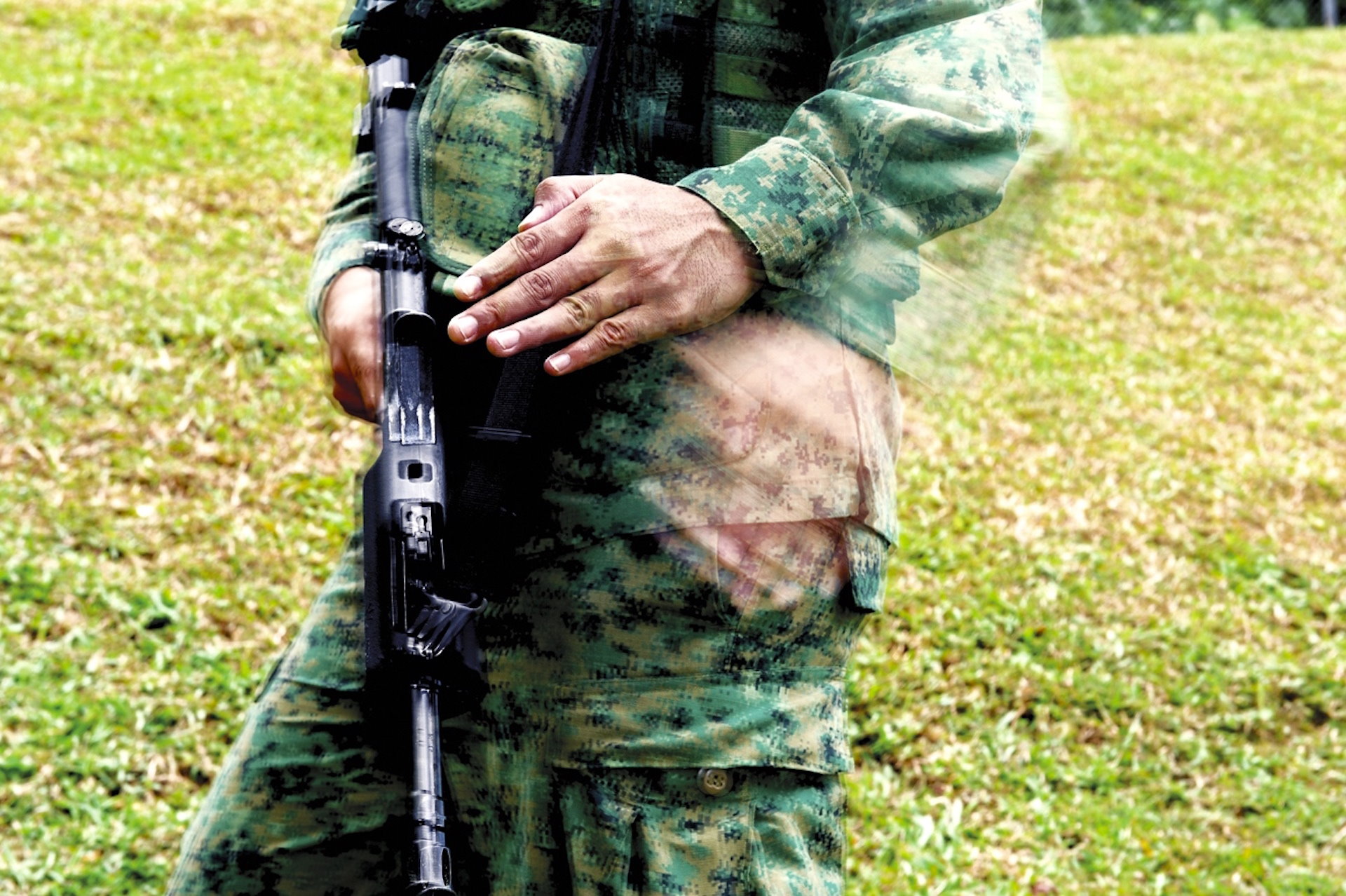
4. Read the signs
Hand signals are used to communicate with the rest of your mates while moving as a combat unit. Best to know by heart what each of the hand signs means unless you want to keep repeating some of the lessons.
Word of warning: your mates won't take kindly to anyone who repeatedly executes the wrong response and causes everyone to get punished.

5. Learn the moves
It's not a walk in the park when enemy fire is pinning you and your mates down.
The theory is that each soldier will take his turn to move to the next cover while others give support fire.
Watch where you prone: areas where there are insect nests can make your spot uncomfortable very quickly.
It's going to get loud while the enemy is firing away, so listen carefully for your section commander's orders. Repeat your commander's directions each time you hear them so that everyone is on the same page.
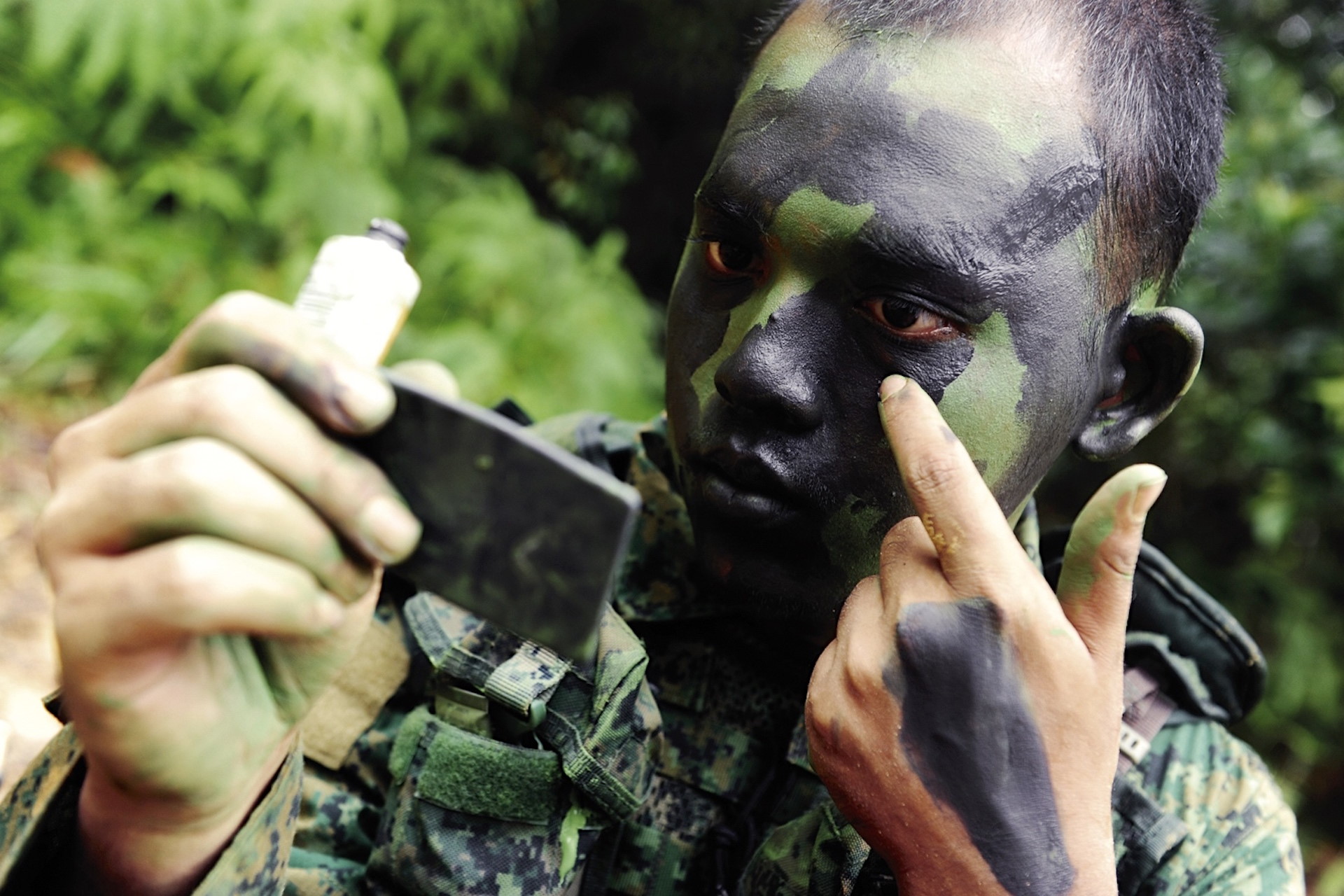
6. Put on your war face
Learn to cover every part of your face, including your lips, ears and neck with camouflage paint. There should be no visible skin when you're done.
The main basis of camouflage is to break up easily recognisable facial features. Where the face naturally protrudes (such as the cheekbones, brow and chin), cover with darker paint to give the illusion of shadow. Take this seriously though the urge to laugh is real when you see your mates decked out in camouflage for the first time.
ALSO READ IN OPS & TRAINING
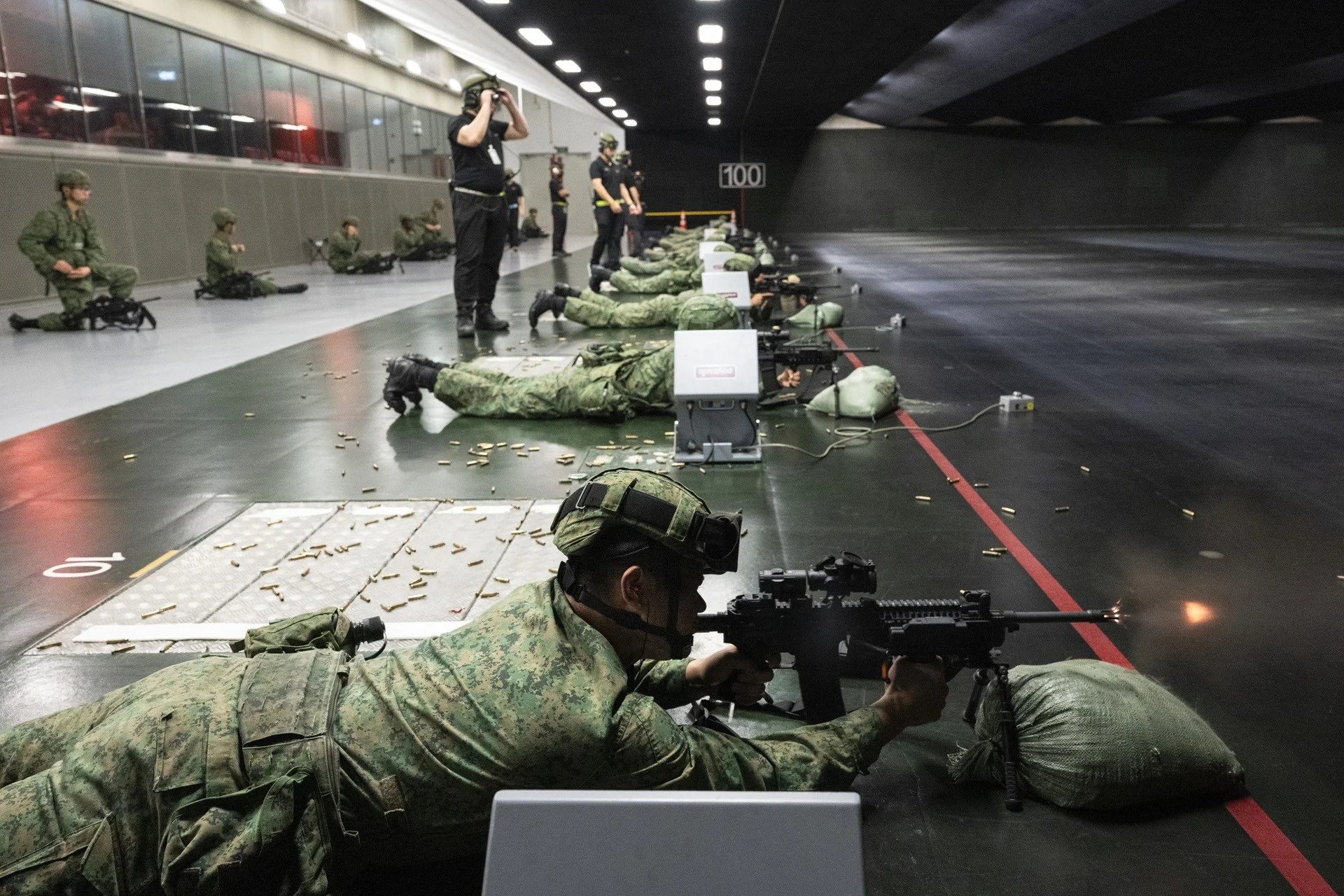
New firing range complex at Bedok Camp; Medical Classification System to be redesigned
27 Feb 2026
To train soldiers for a more complex environment, the SAF will build a new Multi-Mission Range Complex, as well as introduce opportunities for national servicemen to take on new roles, and more ways to volunteer.
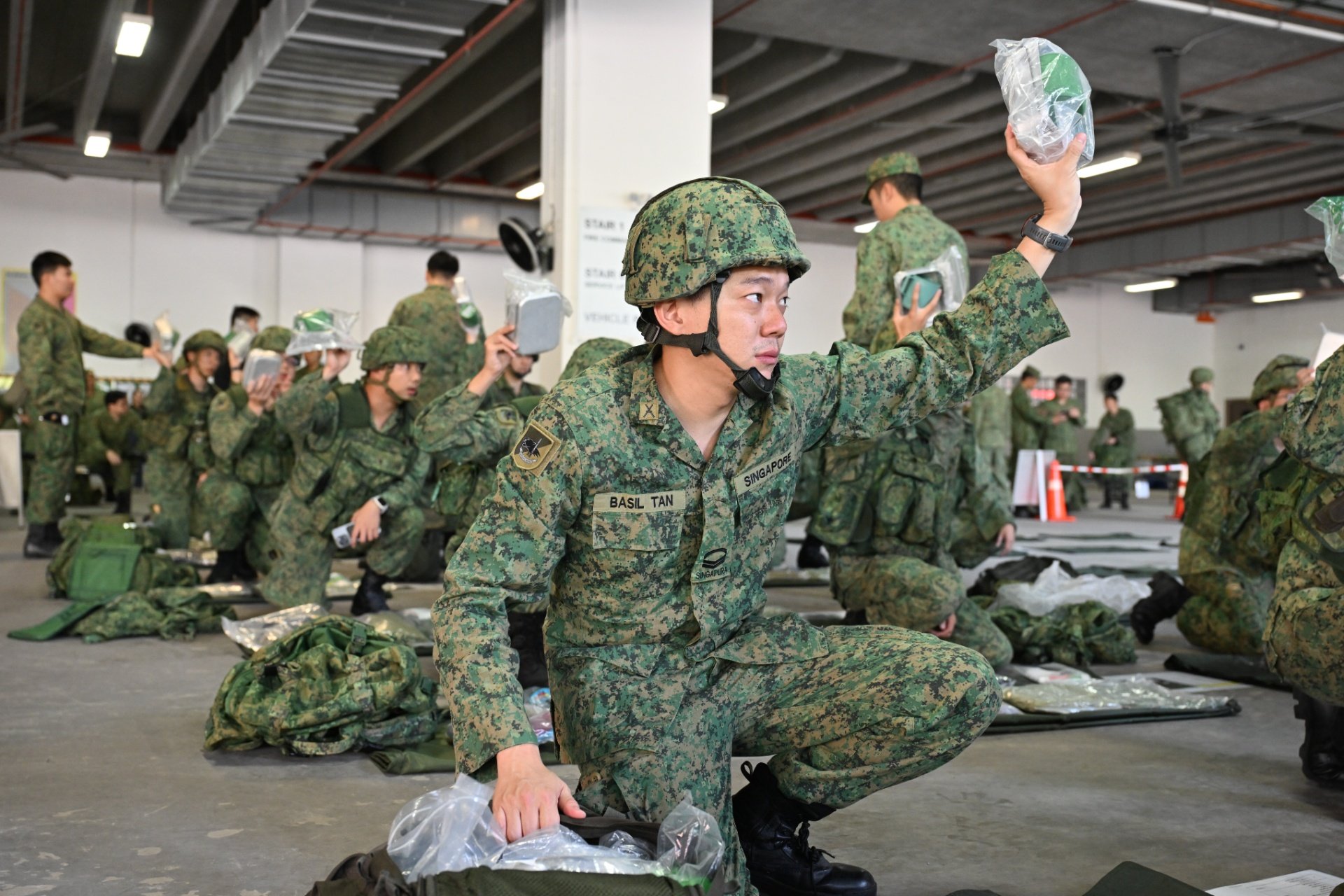
Reaffirming their commitment to defence
07 Feb 2026
Over 3,000 NSmen displayed their commitment to Singapore’s defence at a MOBEX in Selarang Camp.
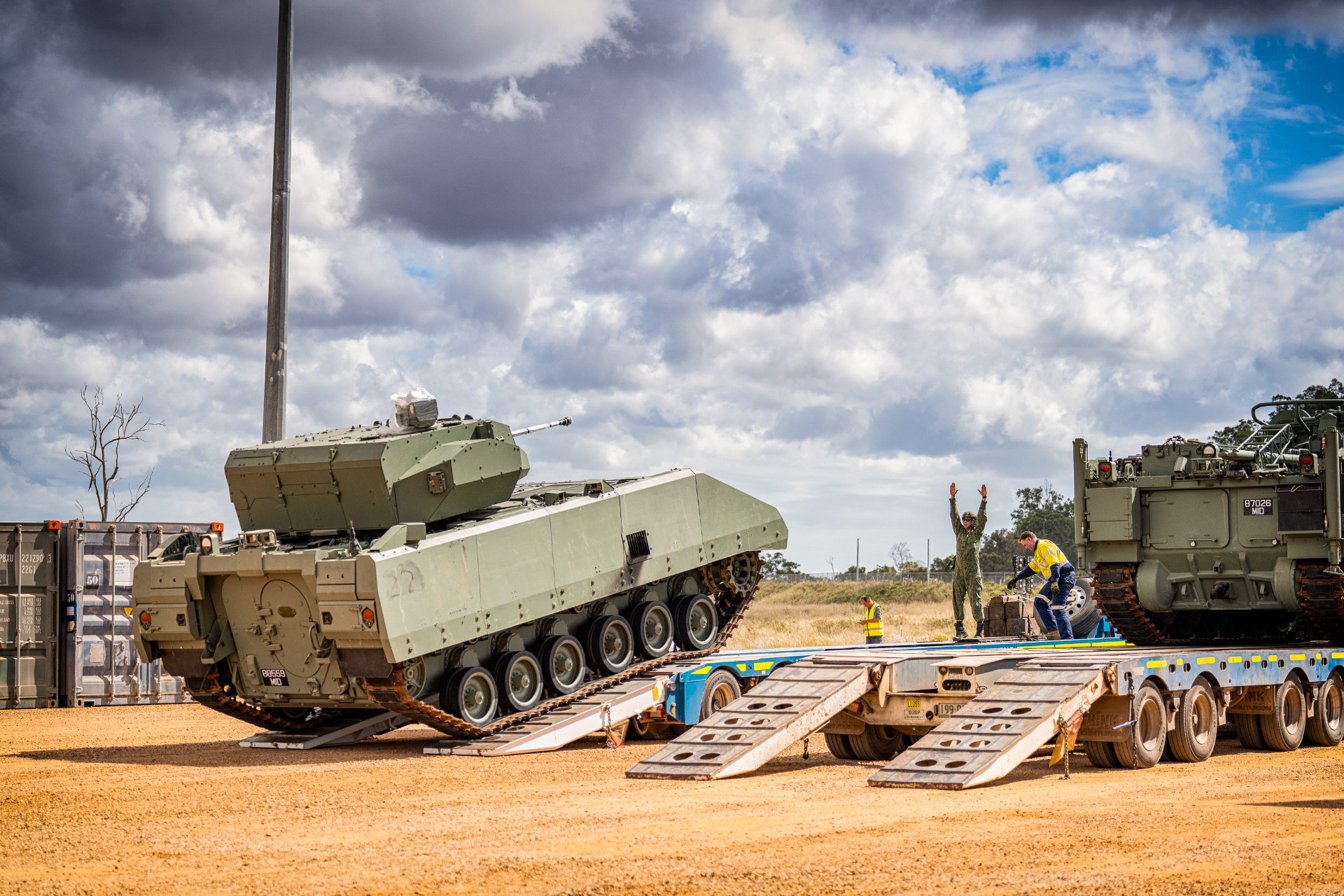
First in, last out at Ex Wallaby 2025
06 Nov 2025
Meet the teams who toil behind the scenes to enable the smooth conduct of the SAF’s biggest unilateral overseas exercise.


